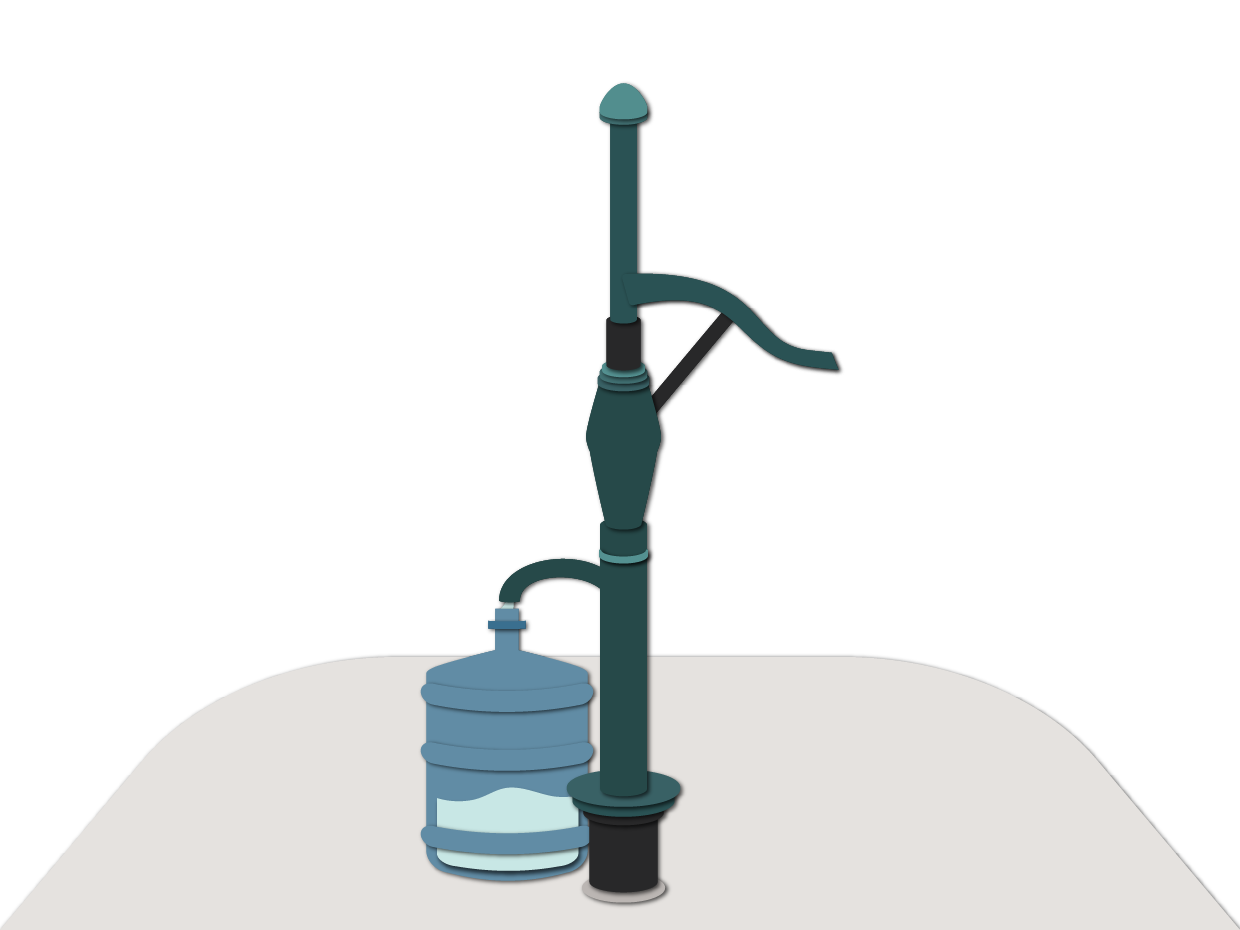If your income fluctuates month to month, budgeting can be challenging. But it’s not impossible. Consider these tips to make a budget even if you have a fluctuating income.
On this page you’ll find
What is a fluctuating income?
If you earn roughly the same amount of money each month, either through a salary or by working a similar number of hours, then your monthly income is fairly predictable. Many people do not have that consistency because they have a fluctuating income. If it’s hard for you to predict how much you’ll earn or how many hours you may work each month, then you have a fluctuating income. This is also sometimes called income volatility.
Many Canadians have a fluctuating income. It’s common for people who do seasonal work, are self-employed, or who work in the gig economy. Others may have a combination of predictable and fluctuating incomes. This might involve working a steady job each month but supplementing that income with freelance work to make ends meet or to save. Or for others, part of their income may come from commissions, which vary throughout the year.
If you have a fluctuating income, following a monthly budget can feel intimidating, but it can be a good step to take to help you reach your financial goals.
How do you budget on a fluctuating income?
A typical monthly budget compares your recurring income with your recurring expenses. If your income changes each month, you might find a different approach helpful. Consider trying these steps:
- Estimate how much you need to cover your essential monthly expenses – Your necessary monthly expenses are probably easier to predict. Calculate the minimum amount you need each month to cover essential expenses. This includes rent or mortgage payments, groceries, utilities, transportation, prescriptions and monthly debt payments.
- Estimate your average monthly income – If you can’t predict the future, you can look to the past to estimate your average monthly income. Include earned income as well as monthly or quarterly benefits such as GST/HST credit or Canada Child Benefit. Use this amount for your monthly budget.
- Set up an account to pay yourself – Ensure your expenses are covered by paying yourself from an account specifically set up to cover your monthly expenses. You direct all your income to one account. Then make monthly transfers to the account you use to pay for expenses.
The benefit of this system is that it keeps you focussed on covering your necessary expenses. And it keeps your surplus income in a separate account. If you earn more money than you need that month, it can stay in the account as income for the next month, or you can put some of it towards savings.
It’s a good idea to regularly review your budget, particularly as your situation changes. If you find your expenses increase or you’re earning more predictable income, you can change how much you put towards each part of your budget.
An alternative to using your average income as a monthly estimate, is to use your lowest likely monthly income. If this amount is enough to cover your minimum expenses, then during other months you can count on having more room for discretionary spending or saving for the future.
What else can you do to manage your money on a fluctuating income?
While budgeting is important, there are other ways to help you manage your money. You could:
- Build your emergency fund – Once you’re able to consistently cover your monthly expenses, consider putting aside extra money towards an emergency fund. Ideally your emergency fund would cover at least three months of expenses. But it can even help to have enough saved to cover a surprise expense or one month’s rent.
- Plan for peaks and valleys – You might be able to predict certain times of the year when your expenses are higher (holiday gift-giving, back-to-school, recurring professional expenses). If you can, set aside a little extra money for these times in advance. Similarly, you can plan for times when you’ll bring in more income (tax refund, money gifts at birthday or holidays), and build your savings.
- Set priorities for your investments – If your income is irregular, you might not be able to contribute to all of your saving or investment goals each month. However, even investing small amounts will grow your money in the long term due to compounding. Consider your financial goals and know which ones are top priority in the months you can’t save for all of them at once.
If you’re finding you’re regularly spending more than you earn, try some of these tips to trim your spending and balance your budget.
Summary
Budgeting on a fluctuating income can be difficult. Consider these tips to help you budget when your income is unpredictable:
- Cover your essential monthly expenses first and use that to build your budget.
- Estimate your monthly income by averaging your total income over several months or years. Or budget using your lowest monthly income.
- Direct all your income to one account and set up monthly transfers to an account to pay for expenses.
- Build an emergency fund.
- Plan ahead for times when you’re likely to have a higher income or expenses and budget accordingly.
- Set priorities for your savings and investment goals.
